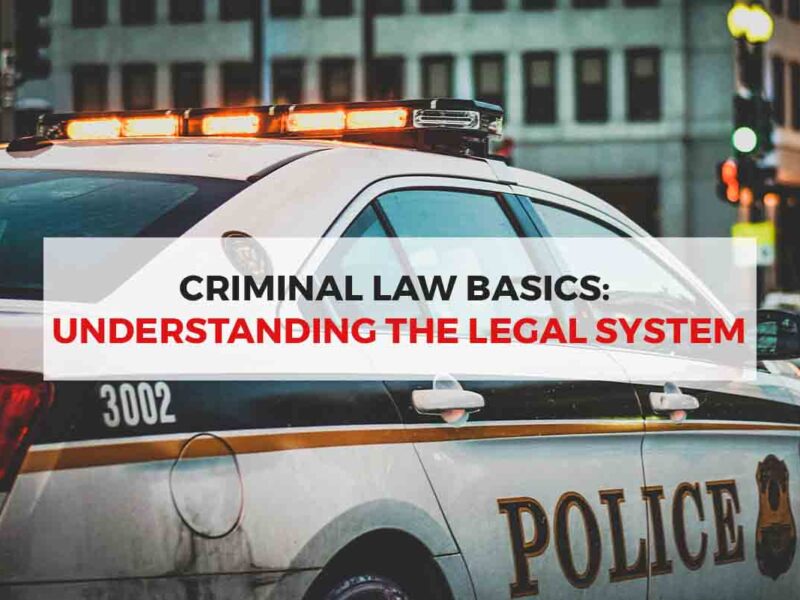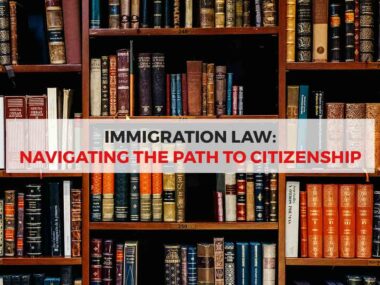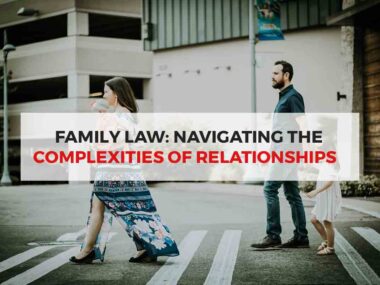Introduction
The general set of laws is a perplexing system that oversees social orders, guaranteeing request and equity. Inside this huge framework, criminal regulation holds a urgent job in characterizing and tending to offenses against the state or people. This article plans to give a primary comprehension of criminal regulation, investigating its standards, key components, and the more extensive overall set of laws.
I. Essentials of Criminal Regulation
1. Definition and Reason
Criminal regulation incorporates the assortment of decides and resolutions that characterize and control lead restricted by the public authority. Its main role is to safeguard society by laying out limits of satisfactory way of behaving and forcing sanctions on the individuals who abuse these standards. Dissimilar to common regulation, which manages questions between confidential gatherings, criminal regulation tends to offenses against the state.
2. Order of Wrongdoings
Wrongdoings are extensively arranged into two kinds: lawful offenses and misdeeds. Crimes are more extreme offenses, normally bringing about detainment for north of a year or even the death penalty. Wrongdoings, then again, are less serious violations, typically deserving of fines, probation, or more limited prison sentences.
II. Key Components of Criminal Regulation
1. Actus Reus and Mens Rea
Two fundamental components in criminal regulation are “actus reus” and “mens rea.” Actus reus alludes to the actual demonstration or direct that is a criminal offense. In the interim, mens rea includes the psychological state or aim behind the demonstration. The two components should be available for an activity to be viewed as a criminal offense.
2. Causation
Causation is one more basic idea in criminal regulation, laying out an immediate connection between the litigant’s activities and the subsequent damage. It requires exhibiting that the charged’s direct was a significant variable prompting the criminal outcomes.
3. Severe Risk Violations
While most wrongdoings require the presence of both actus reus and mens rea, severe responsibility violations don’t require verification of goal. These offenses consider people answerable for their activities no matter what their psychological state. Normal models incorporate criminal traffic offenses and certain administrative offenses.
III. The Legitimate Cycle in Criminal Cases
1. Examination and Capture
The law enforcement process regularly starts with an examination by policing. In the event that there is adequate proof, an individual might be captured. During this stage, people have explicit freedoms, for example, the option to stay quiet and the right to a lawyer.
2. Charging and Arraignment
Following a capture, the investigator chooses whether to document formal charges. In the event that charges are brought, the denounced is summoned, during which they are educated regarding the charges and requested to enter a supplication — blameworthy, not liable, or no challenge.
3. Pretrial Procedures
Pretrial procedures include different exercises like revelation, where both the arraignment and guard trade proof. Furthermore, movements might be documented to resolve lawful issues before the preliminary, and supplication deals might be arranged.
4. Preliminary
Assuming no goal is arrived at through request haggling, the case continues to preliminary. The indictment and safeguard communicate their viewoints, and the appointed authority or jury decides the responsibility or guiltlessness of the charged. The norm of confirmation is “without question.”
5. Condemning
Assuming the litigant is found blameworthy, the following stage includes condemning. Factors considered may incorporate the seriousness of the wrongdoing, the respondent’s criminal history, and any alleviating or disturbing conditions. Sentences can go from fines and probation to detainment or even the death penalty in locales where it is lawful.
IV. The Job of Legitimate Experts in Criminal Cases
1. Guard Lawyers
Guard lawyers assume an essential part in protecting the freedoms of the denounced. They give legitimate insight, examine the case, and backer for the respondent during the preliminary. Guaranteeing a fair and unprejudiced preliminary is an essential obligation of guard lawyers.
2. Investigators
Investigators, addressing the public authority, are liable for building a body of evidence against the blamed. They assemble proof, present it during the preliminary, and look for a conviction. Nonetheless, their obligation isn’t exclusively to win cases yet in addition to guarantee equity by revealing exculpatory proof and maintaining moral norms.
1. Present day Difficulties and Lawful Reactions
As social orders develop, so do the difficulties looked by criminal regulation. Arising advances, globalization, and moving cultural standards present new intricacies. Cybercrimes, for example, have turned into a squeezing concern, requiring lawful systems that can adjust to the computerized scene. Lawmakers and legitimate experts constantly work to refresh criminal regulations to resolve contemporary issues and protect individual freedoms.
2. Recovery versus Revenge
Criminal regulation effectively rebuffs wrongdoers as well as focuses on restoration. The way of thinking of discipline has moved over the long run, with a rising accentuation on changing wrongdoers instead of basically forcing retaliation. Elective condemning choices, for example, local area administration, drug recovery projects, and helpful equity drives, mirror this advancing point of view.
VI. Studies and Difficulties in Criminal Regulation
1. Fundamental Issues and Imbalance
In spite of its urgent job, the law enforcement framework faces scrutinizes for foundational issues, including racial and financial variations. Studies have shown that underestimated networks frequently bear an unbalanced weight of captures, convictions, and brutal condemning. Advocates call for foundational changes to address these incongruities and guarantee equivalent admittance to equity for all.
2. Overcriminalization
Over the long haul, there has been a pattern toward overcriminalization, where a rising number of exercises become subject to criminal punishments. Pundits contend that this pattern can prompt the criminalization of conduct that ought to be tended to through different means, like guideline or instruction. Adjusting the requirement for public security with individual freedoms is really difficult for overall sets of laws around the world.
VII. Global Viewpoints on Criminal Regulation
1. Differed General sets of laws
Criminal regulation isn’t uniform across the globe; various nations have particular general sets of laws and ways to deal with law enforcement. While a few overall sets of laws underscore restoration, others focus on retaliation. Understanding these varieties is significant, particularly in an undeniably interconnected existence where wrongdoings can rise above public lines.
2. Transnational Wrongdoings
Globalization has led to transnational violations, like illegal exploitation, psychological oppression, and cybercrime. Tending to these difficulties requires worldwide participation and the advancement of lawful systems that rise above public limits. Settlements, arrangements, and cooperative endeavors among countries are fundamental to combatting violations that influence various locales.
Conclusion
In a continually developing legitimate scene, getting a handle on the essentials of criminal regulation isn’t just about grasping the at various times yet additionally expecting what’s to come. As we explore present day challenges, the general set of laws should adjust to resolve arising issues while maintaining standards of equity, decency, and individual privileges. Recognizing evaluates and making progress toward foundational upgrades guarantees that criminal regulation remaining parts a unique power for keeping cultural control while defending the freedoms of its residents.
Criminal regulation fills in as the foundation of a fair society, adjusting the requirement for request with the conservation of individual privileges. From its essential standards to the complexities of judicial procedures, this article has given a brief look into the multi-layered universe of criminal regulation. As we ponder the intricacies and difficulties examined, it becomes clear that a fair and compelling overall set of laws requires consistent assessment, variation, and a promise to the quest for equity. In reality as we know it where the legitimate scene is consistently moving, how we might interpret criminal regulation should develop to fulfill the needs of a dynamic and interconnected society.




